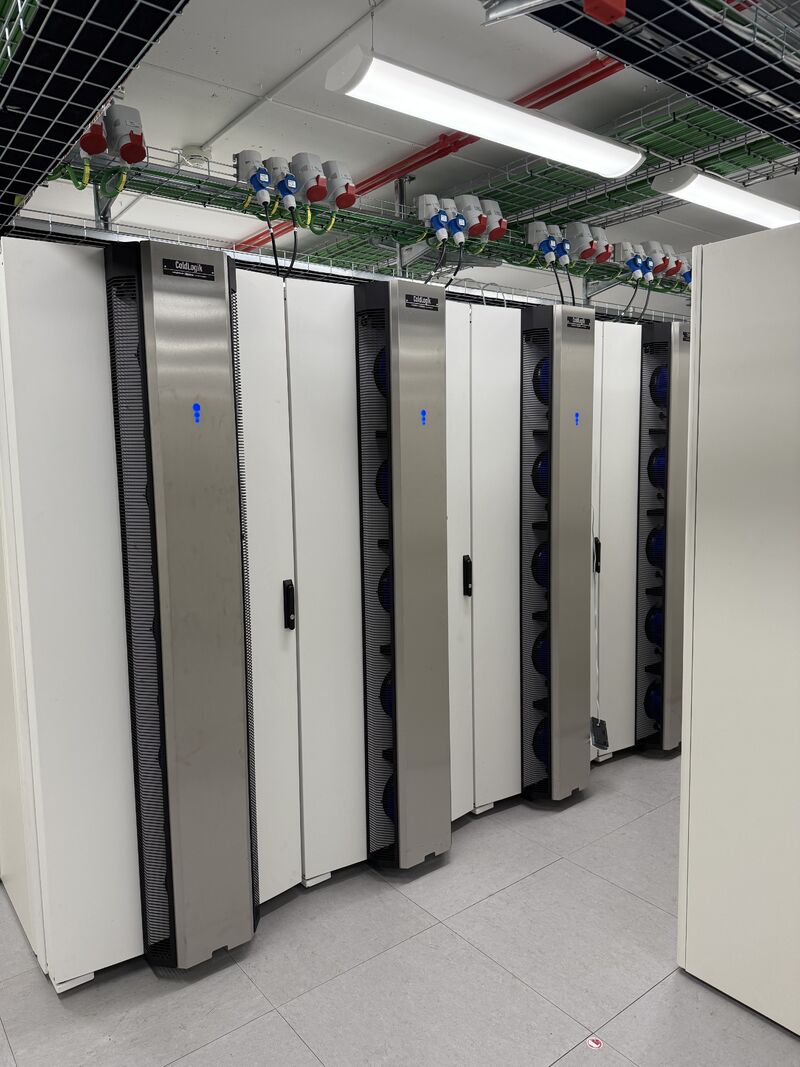European colocation provider Kolo DC has expanded its presence in Denmark, with the opening of a new data center in Copenhagen, its fifth facility in the country. The facility aims to cater to AI-driven businesses and general IT workloads.
As per the company website, the facility in Copenhagen is listed as DK5, which is “a modern retrofit colocation data center optimized for compute-intensive workloads, featuring liquid-cooled, high-density racks and ultra-low-latency connectivity.” Located at Bygmestervej 10, DK5 offers 30kW power density racks, and incorporates hot/cold aisle containment and a closed-loop cooling system. It is powered largely by renewable sources.
The company announced the project on LinkedIn saying, “As the demand for high-performance, sustainable, and sovereign infrastructure grows, we’re proud to provide a home for companies pushing the boundaries of artificial intelligence in Europe.” It further explained the choice of location saying, “With renewable energy, secure colocation options, and a focus on scalability, Copenhagen is set to become a hub for the next generation of AI innovation.”
DK5 was delivered in partnership with DataCenterGruppen which involved retrofitting an existing building to house advanced infrastructure. In a post on LinkedIn, it said, “The project has been carried out with great focus on energy consumption and minimum environmental impact by replacing HFC refrigeration systems with efficient systems with natural refrigerant. In addition, a very efficient modular free cooler. The UPS system has been delivered with very high efficiency.” It added, “Other components have been recycled to the greatest extent possible to keep the environmental impact of the entire process down.”
Kolo DC is a relatively new brand, established earlier in 2023 by CapMan Infra, a Finnish investment firm. CapMan had previously acquired three facilities from Sweden’s EcoDataCenter, later merging them with data centers operated by Serverius and Fuzion under the Kolo name. KoloDC currently operates 12 data centers across the region, including five in Denmark, four in the Netherlands and three recently purchased in Sweden.



